You may also be interested in
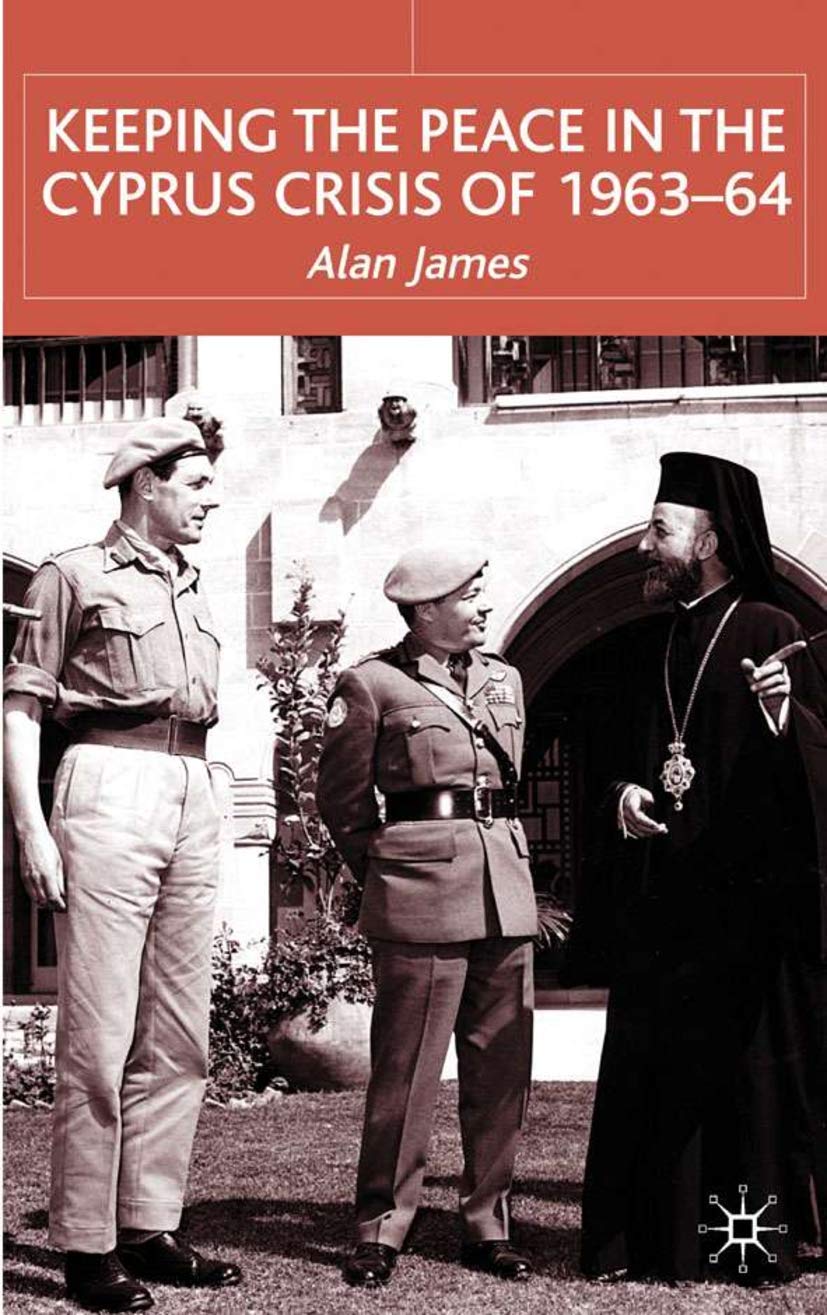
Keeping the Peace in the Cyprus Crisis of 1963-64
After some difficulties, a UN force was established in Cyprus (UNFICYP) following the collapse of the bicommunal independence constitution of this former British colony - a constitution which the Greek Cypriots had always felt too favourable to the Turkish minority - at Christmas 1963. In this book, Alan James, Professor Emeritus of Keele University and leading authority on peacekeeping, provides what is likely to be regarded as the definitive history of the creation of this force.
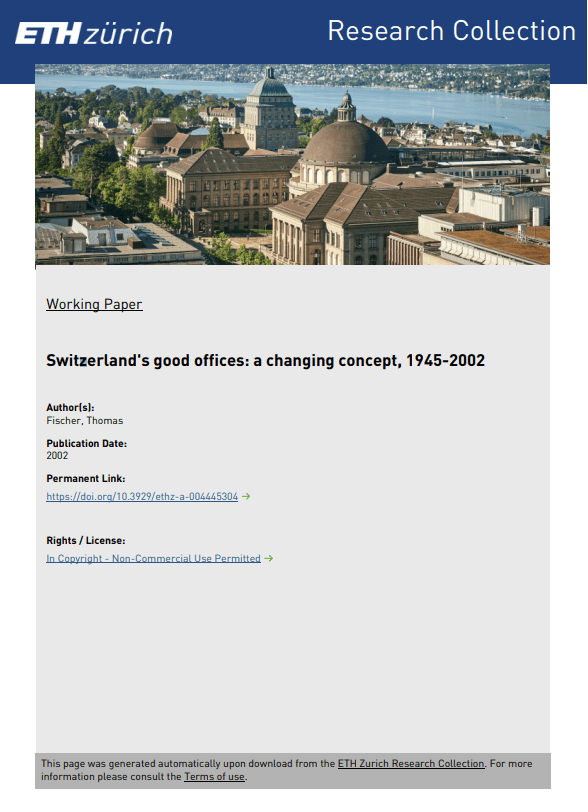
Switzerland’s good offices: a changing concept, 1945-2002
Switzerland's role in international diplomacy evolved from the end of World War II to 2002, showcasing its changing concept of good offices.
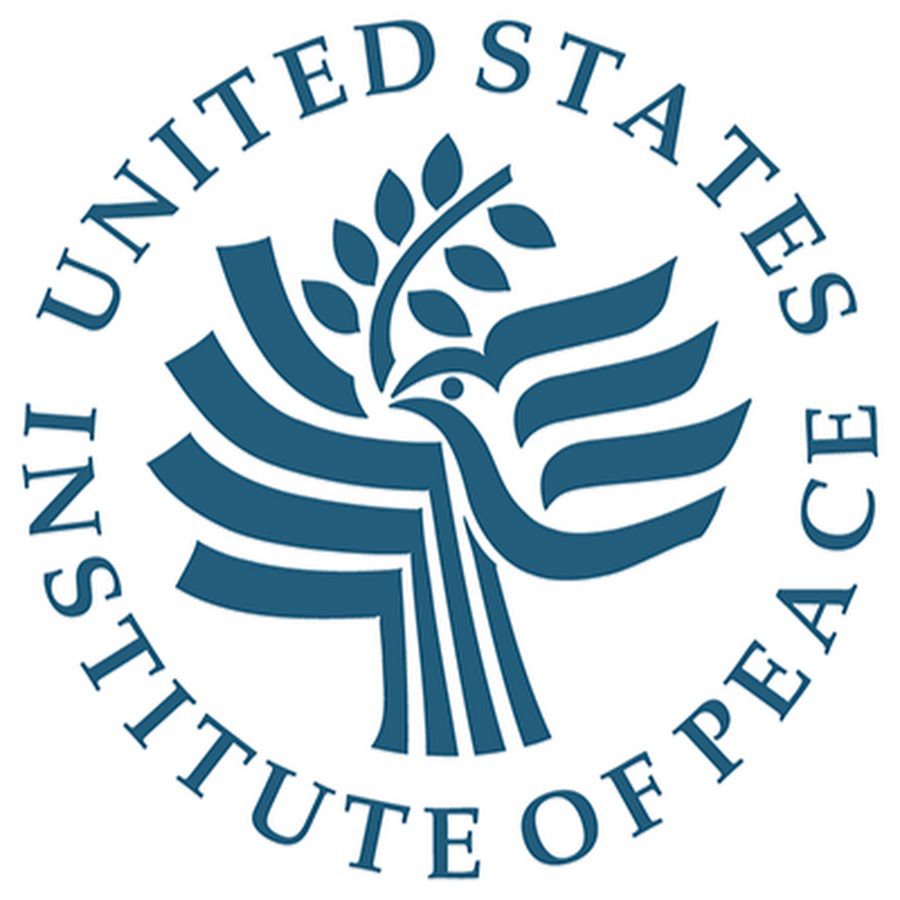
Peacemaker’s Toolkit
The Peacemaker's Toolkit is a resource that introduces principles and strategies for resolving conflicts peacefully. It discusses the importance of active listening, empathy, reframing perspectives, and collaboration in mediation. The toolkit emphasizes the value of communication, understanding, and cooperation in conflict resolution.
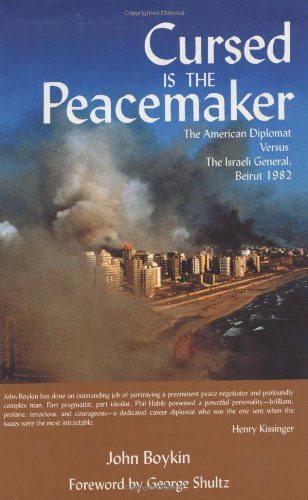
Cursed is the Peacemaker: The American Diplomat [Philip Habib] Versus the Israeli General, Beirut 1982
The text discusses the tense situation between American diplomat Philip Habib and Israeli General in Beirut in 1982.
Intractable Syria? Insights from the Scholarly Literature on the Failure of Mediation
The article discusses the challenges and reasons behind the failure of mediation efforts in Syria based on scholarly literature.
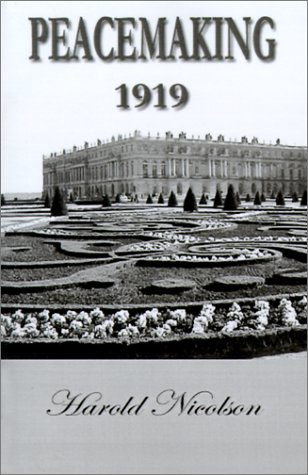
Peacemaking 1919
The message examines the peacemaking efforts of 1919, reflecting on the challenges faced during the time and lessons learned from the process.

Governance and conflict in the Mano River Union States: Sierra Leone a case study
The MRU states (Côte d’Ivoire, Guinea, Liberia and Sierra Leone) experienced more than two decades of bitter conflicts. With the exception of Guinea which was spared a full-scale civil war, the other three neighbouring MRU states went through violent civil conflicts which resulted in massive human suffering, social dislocation and the destruction of the region's economy.
Do the Experts Mean What Their Metaphors Say? An Exploration of Metaphor in Mediation Literature
The message explores the use of metaphor in mediation literature to determine if experts truly align with what their metaphors suggest.

EU Support to peace mediation: developments and challenges
The text discusses the EU's role in supporting peace mediation efforts, highlighting both progress made and challenges faced in this area.
The Norwegian ‘model’ for conflict resolution
The Norwegian 'model' for conflict resolution involves a focus on communication, consensus-building, and promoting peace through dialogue and negotiation. This approach is characterized by inclusivity, trust-building, and a commitment to finding mutually beneficial solutions to disputes. Norway's successful track record in mediating international conflicts has made it a respected global leader in peacebuilding efforts.

Female leadership in conflict prevention, diplomacy and UN peacekeeping initiatives
The importance of female leadership in conflict prevention, diplomacy, and UN peacekeeping initiatives is highlighted in the following text.

The Search for Peace
The text discusses the importance of seeking peace within oneself and in the world around us. It emphasizes the impact of personal inner peace on creating a harmonious environment globally. The text suggests that by finding peace within ourselves, we can contribute to fostering peace on a larger scale.

Barriers to conflict resolution in Africa: Mediating beyond power and ethnicity in the EAC and SADC countries through a Kenyan case study
This paper assesses the relevance of ethnicity and power in conflicts occurring in the EAC and SADC regions through a case study of Kenya. It engages with elites’ power contestation and the manner in which power has historically caused violence and instability in Kenya. Further, an account of researches on ethnicity and its inducing of violence is made. Through this, one discovers the importance of ethnicity beyond that of being a channel for the upsurge of violence.

The Role of Nigeria in Restoring Peace in West Africa
Remmy Nweke attempts a search into the rationale behind Nigeria‟s decision to make Africa the cornerstone of her foreign policy.
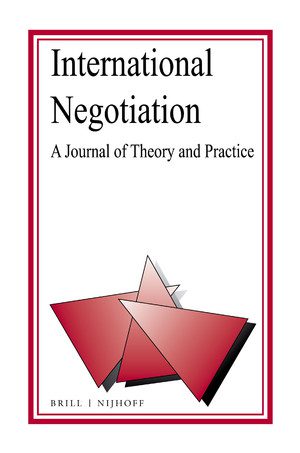
Ripeness theory and the Oslo talks
The text discusses the relevance of ripeness theory in the context of the Oslo talks.
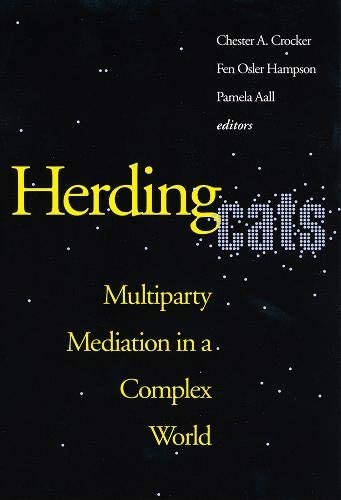
Herding Cats: Multiparty Mediation in a Complex World
This massive book is divided into three main parts, each of the chapters in which is a case study of a particular mediation written by an individual who played a key role in it. The three parts correspond roughly with a central concept of the book, the 'conflict cycle'. Thus the first part deals with cases of conflict prevention and management, for example 'Canada and the Crisis in Eastern Zaire' (Gordon Smith and John Hay). The second covers instances of the ending of violent conflict, such as 'The Road to Madrid' (James Baker). And the third treats cases of settlement and implementation, for...

The Role of the United Nations in Making Progress Towards Peace in Burundi
The United Nations plays a crucial role in facilitating peace efforts in Burundi through conflict resolution, peacekeeping, and promoting dialogue among various stakeholders in the region.
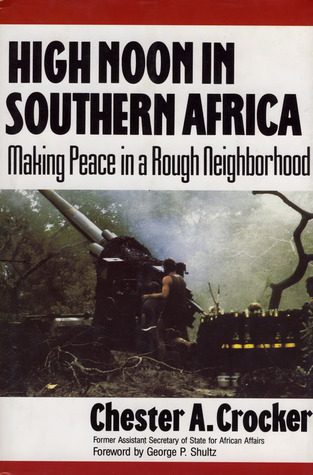
High Noon in Southern Africa: Making Peace in a Rough Neighbourhood
The text is about the challenges of achieving peace in Southern Africa amid regional conflicts and political instability.
Action-Forcing Mechanisms
The message following this prompt will discuss the concept of Action-Forcing Mechanisms, which are tools or processes designed to prompt individuals or organizations to take specific actions or make decisions within a certain timeframe. These mechanisms are often put in place to ensure accountability, compliance with regulations, or timely responses to important issues.
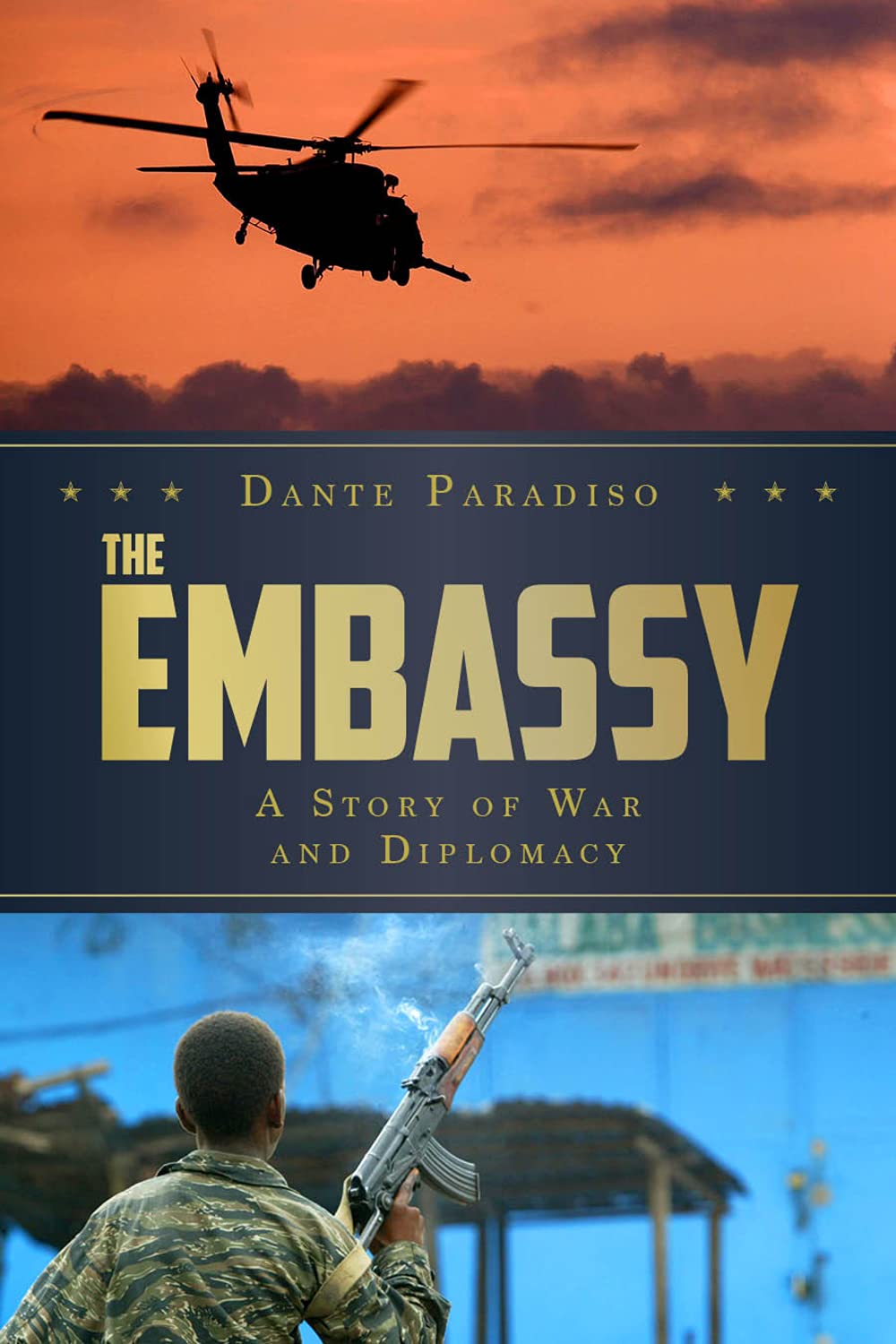
The Embassy: A story of war and diplomacy
This book tells the story of the vital role played by the US Embassy in Monrovia in helping to mediate an end to the brutal, 14-year civil war in Liberia in 2003.

Conflict Resolution and Peace Building: The Case of Sierra Leone
The text details the conflict resolution and peace-building efforts in Sierra Leone, focusing on the United Nations intervention, disarmament of rebels, and the restoration of stability through reintegration programs. It also addresses the challenges faced in these processes and emphasizes the importance of continued efforts in promoting peace and reconciliation in the country.

Cyprus: the search for a solution
Lord Hannay, a senior British diplomat with great experience of multilateral diplomacy, retired in 1995 but was then persuaded to accept the position of Britain’s Special Representative for Cyprus. In this role he played an influential part in the UN-led effort to broker a settlement to the Cyprus conflict until the negotiations temporarily foundered in May 2003, when, with a mixture of relief and regret, he stepped down. (There is a postscript on the referendums held on the island in 2004 on the fifth version of Kofi Annan’s settlement plan.) He has written a brilliant account of the cour...
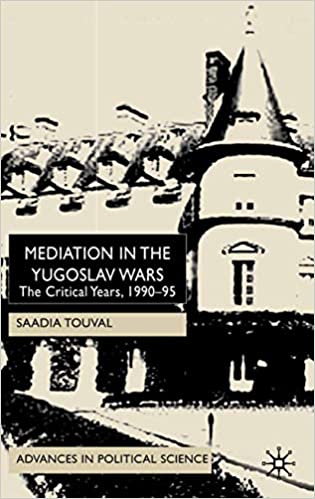
Mediation in the Yugoslav Wars: The Critical Years, 1990-95
The book "Mediation in the Yugoslav Wars: The Critical Years, 1990-95" explores the role of mediation in the Yugoslav Wars during the crucial period from 1990 to 1995. It delves into the efforts made by various individuals and organizations to mediate the conflicts that arose during this time. Through a detailed examination of mediation attempts, the book sheds light on the complexities and challenges faced in trying to bring about peace in the region.
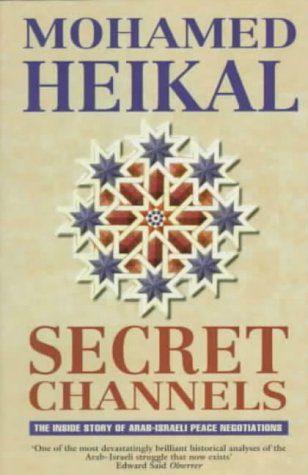
Secret Channels: The Inside Story of Arab-Israeli Peace Negotiations
Secret Channels: The Inside Story of Arab-Israeli Peace Negotiations" delves into the clandestine negotiations that paved the way for peace agreements between Arab nations and Israel. It provides insight into the complexities, challenges, and breakthroughs that occurred during these diplomatic efforts, offering a behind-the-scenes look at the intricate process of brokering peace in the Middle East.
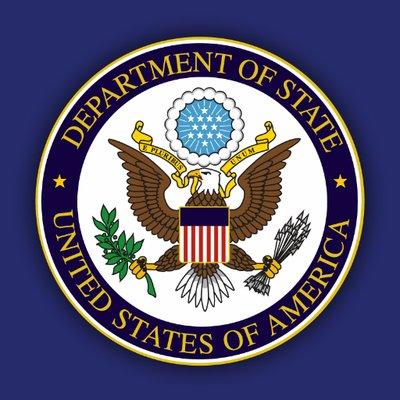
Diplomacy Before and After Conflict
The importance of diplomacy in preventing conflicts is highlighted in this text. Diplomatic efforts both before and after conflicts are crucial for resolving disputes peacefully. Diplomacy plays a key role in preventing escalation of tensions, promoting understanding, and finding mutually acceptable solutions. It emphasizes the need for respectful communication, negotiation, and compromise to maintain peace and stability in the international arena. Diplomatic channels must be utilized effectively to address grievances, build trust, and foster cooperation among nations. Diplomacy is a vital too...
Definition of Aggression | United Nations General Assembly Resolution 3314
The United Nations General Assembly Resolution 3314 (XXIX) establishes a Definition of Aggression for the purpose of maintaining international peace and security. It outlines acts that qualify as aggression, condemns war of aggression as a crime against international peace, and emphasizes that no justification can validate aggression. The resolution aims to deter potential aggressors, simplify identifying aggression, and protect the rights of victims.
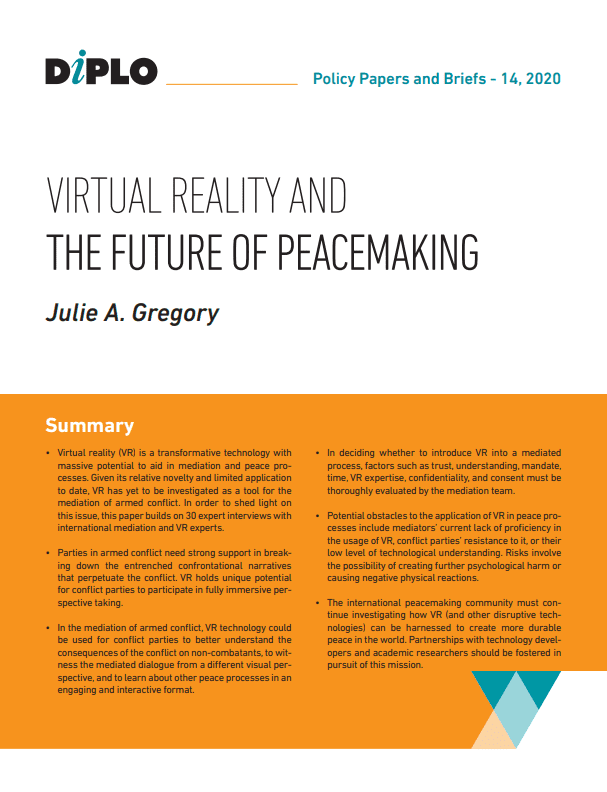
Virtual Reality and the Future of Peacemaking (Briefing Paper #14)
The briefing paper discusses the potential of virtual reality in fostering peacebuilding efforts worldwide. Through VR technology, individuals can develop empathy, understand different perspectives, and communicate effectively, facilitating conflict resolution. VR applications can simulate real-life scenarios, promote dialogue, and reduce prejudice by experiencing situations from another's point of view. This innovative approach has the potential to enhance peacebuilding initiatives and create a more connected and understanding global community.
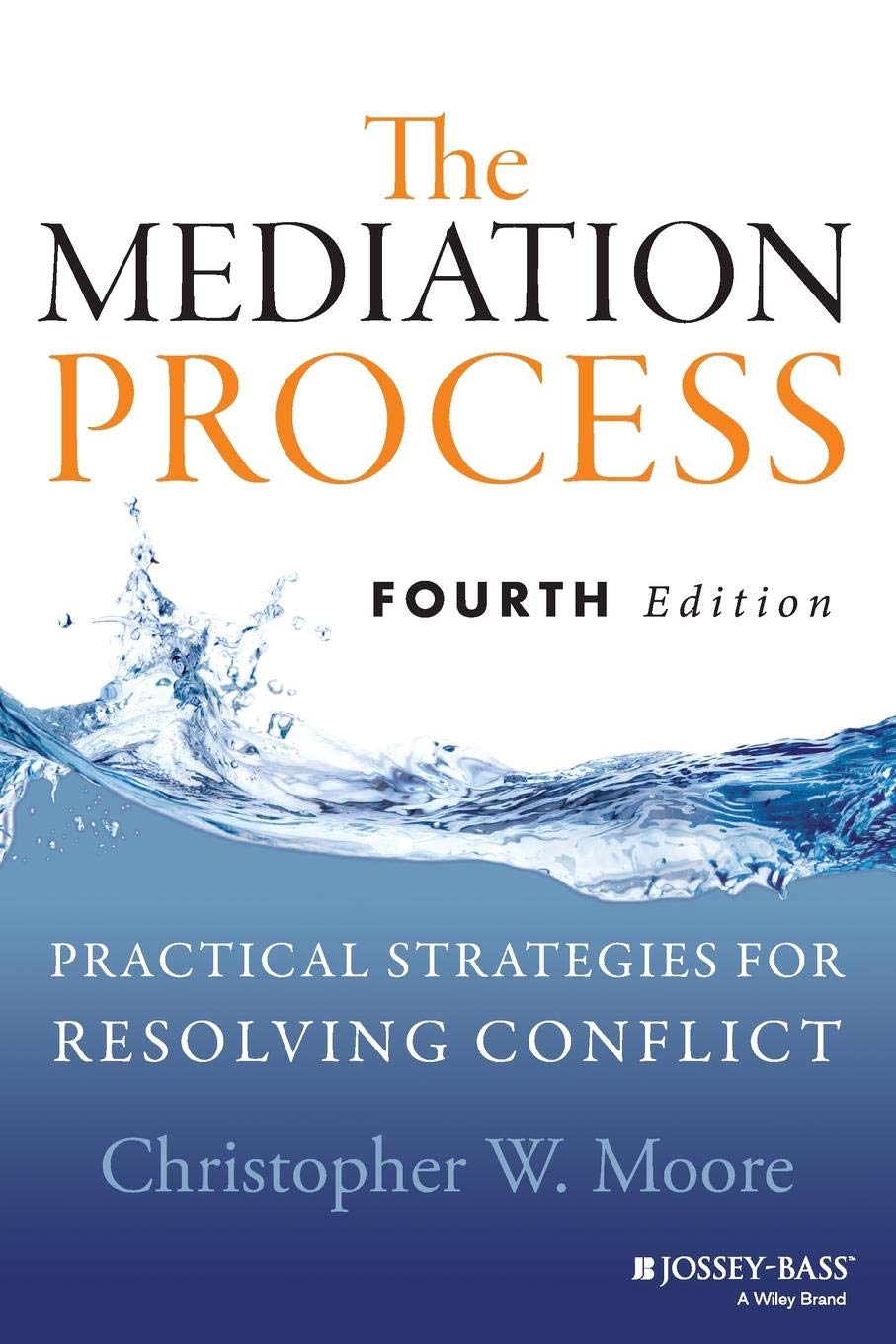
The Mediation Process: Practical Strategies for Resolving Conflict
The Mediation Process: Practical Strategies for Resolving Conflict offers guidance on effectively resolving conflicts through mediation.

Conflict resolution and peace building (disseration by Unisa Sahid Kamara)
Unisa Kamara's dissertation seeks to give an account of the Sierra Leone conflict and the different measures and strategies including diplomatic attempts and efforts that were employed by various parties in trying to secure a peaceful and durable solution to it. The paper discusses the peace building measures and activities that were employed in sustaining the Sierra Leone peace process after the attainment of a negotiated settlement.
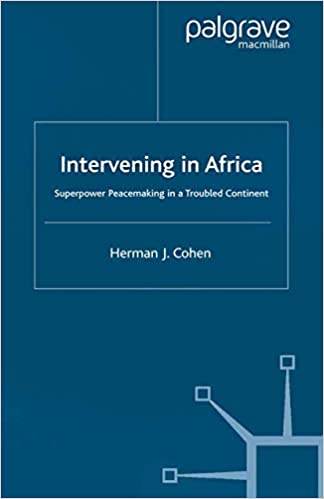
Intervening in Africa: Superpower Peacemaking in a Troubled Continent
The text discusses superpower intervention in Africa for peacekeeping purposes.

Regional water cooperation in the Arab – Israeli Conflict: A case study of the West Bank
The conflict between Israel and Arab countries, with several devastating wars, is about territory and land, and maybe just as crucially on the water that flows through that land. This dissertation, an analysis of the management of water in the West Bank, as a case study, seeks to underline the possibility of using soft power diplomacy, in addition to mediation and water cooperation, for a more collaborative kind of approach to the conflict.
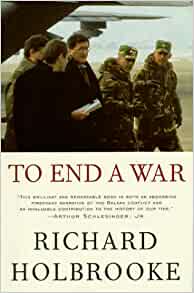
To End a War
The text is about the importance of peace negotiations as a way to end a war, highlighting the complexity and challenges involved in reaching a resolution through dialogue and compromise. It emphasizes the need for both parties to prioritize understanding and cooperation in order to achieve a lasting peace.

Multistakeholder processes in conflict resolution
In this paper, Anush Begoyan presents a summary of multistakeholder processes in conflict resolution, conducted for DiploFoundation; it provides a brief theoretical introduction to current developments within the international system, to changes in the reality and the conceptualization of the nation-state, and to resultant changes in the security system and the notion of national (state) interests.

Intermediaries: impartiality, multiple mediation and other questions
The topic discusses the role of intermediaries in maintaining impartiality, engaging in multiple mediations, and addressing related queries.

Diplomacy, international intervention and post-War Reconstruction
This paper focuses on interactions between states, international organisations and local authorities in the implementation of the Dayton Accords for Bosnia and Herzegovina. It stresses the importance of reassessing the very mechanism of functioning of the international community and its efforts for post-war reconstruction, including the issues of mutual cooperation, elaboration of existing structures and vision and perspective for the future.

Humanitarian Negotiations with Armed Groups: A Manual and Guidelines for Practitioners
The manual provides guidance for practitioners engaging in negotiations with armed groups in humanitarian settings, emphasizing the importance of effective communication, building trust, and understanding the motivations of armed groups. It outlines key principles and strategies to ensure successful humanitarian negotiations and highlights the critical role of negotiation skills in securing access to deliver aid to vulnerable populations.

An Examination of the Role of Women in Conflict Management: Sierra Leone Case Study
This paper examines the role of women in conflict management, using Sierra Leone as a case study.
From U Thant to Kofi Annan: UN Peacemaking in Cyprus, 1964-2004
2004 marked the fortieth anniversary of the United Nations presence in Cyprus. Since March 1964, the UN has been responsible for addressing and managing both peacekeeping and peacemaking efforts on the island.
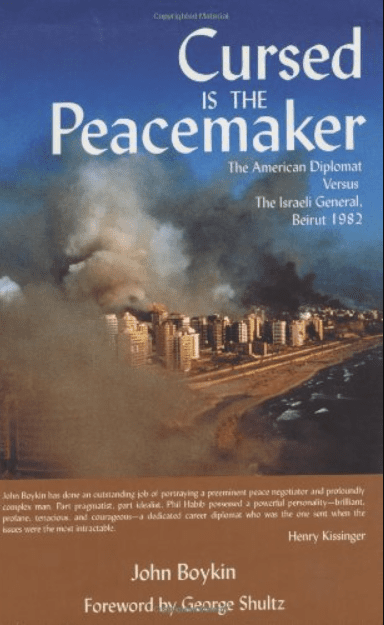
Cursed is the Peacemaker: The American Diplomat Versus the Israeli General, Beirut 1982
Philip Habib, a Brooklyn-born son of Lebanese immigrants, joined the US Foreign Service in 1949. Tough, direct, highly intelligent, and a gifted negotiator, by 1965 he had achieved the position of political counsellor in the hottest of all US embassies, Saigon. Thereafter – with an interlude as ambassador to South Korea – he rose quickly to the top of the bureau of East Asian and Pacific affairs. In 1976 he was appointed undersecretary of state for political affairs, the number three job in the State Department. Such was his diplomatic reputation by this time that, despite having been appo...
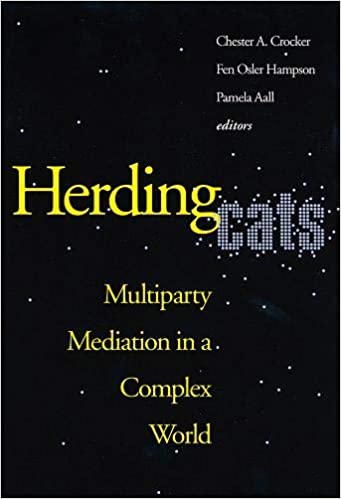
Herding Cats: Multiparty Mediation in a Complex World
Review by Geoff Berridge
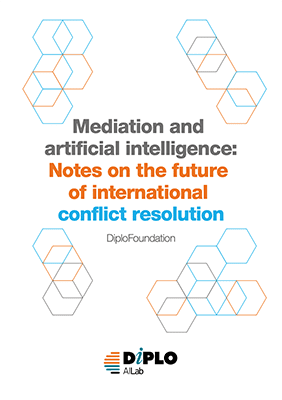
Mediation and artificial intelligence: Notes on the future of international conflict resolution
Over the last years AI has emerged as a hot topic with regard to its impact on our political, social, and economic lives.
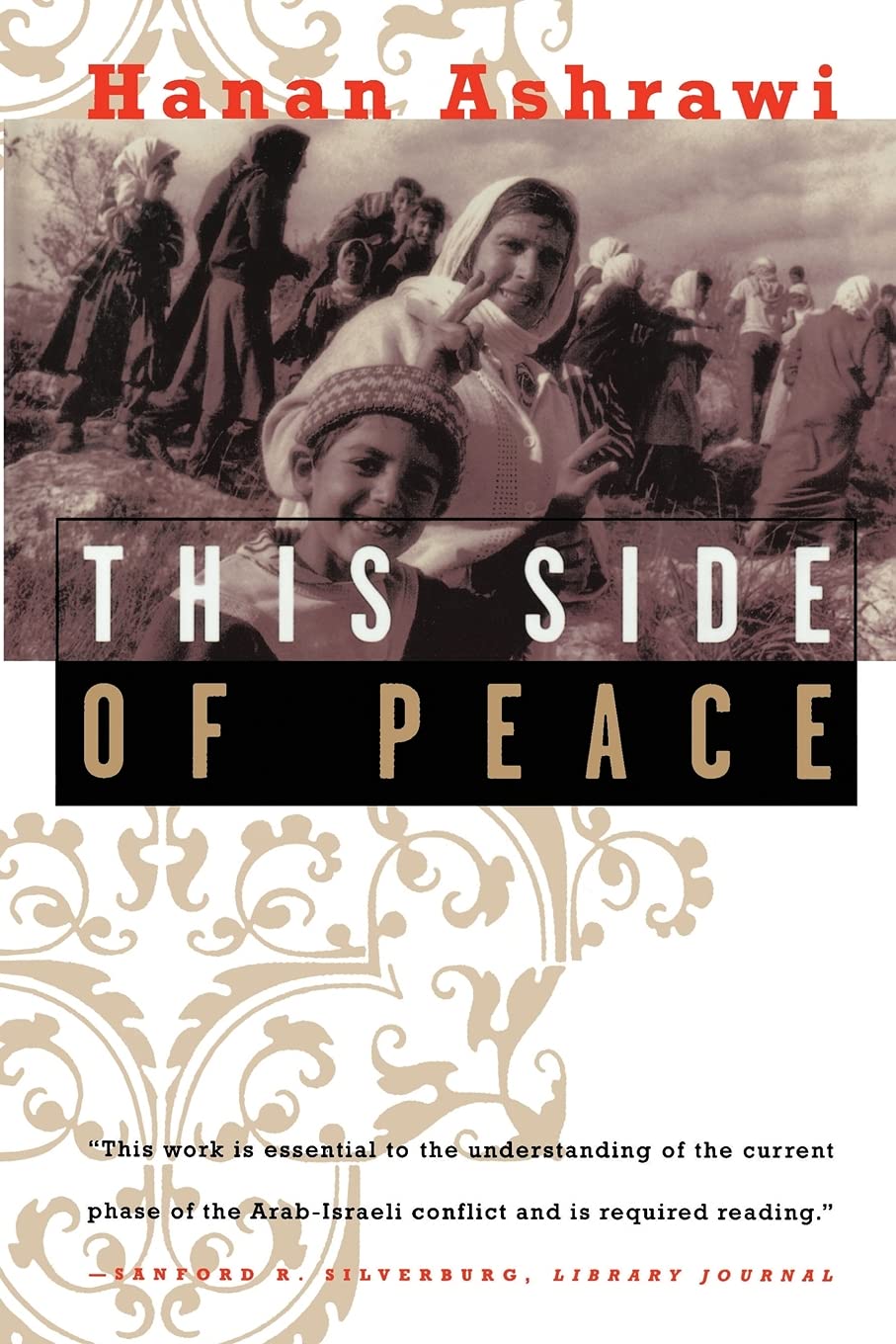
This Side of Peace: A Personal Account
This Side of Peace: A Personal Account" provides an insightful narrative detailing personal experiences related to peace.
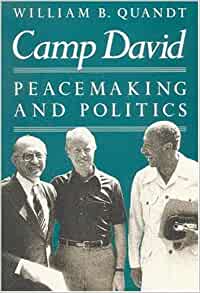
Camp David: Peacemaking and Politics
The Camp David Accords were pivotal in bringing peace between Israel and Egypt, mediated by President Carter in 1978, despite challenges and initial reluctance. This historic agreement demonstrated the value of diplomatic efforts and personal relationships in resolving conflicts.
Track I Diplomacy
Track I Diplomacy emphasizes official, government-to-government interactions to address international issues. It involves high-level officials and diplomats engaging in negotiations, conferences, and treaties to promote peace and cooperation between nations. This type of diplomacy focuses on formal channels and is often used to resolve conflicts and establish agreements on a global scale.
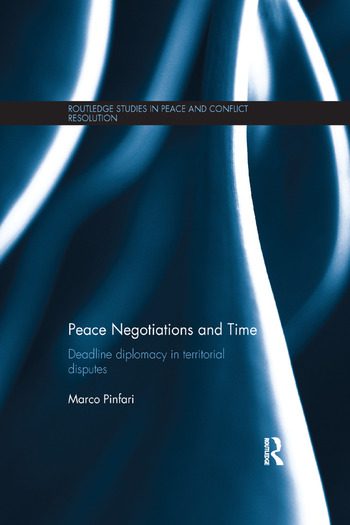
Peace Negotiations and Time: Deadline Diplomacy in Territorial Disputes
The text discusses the importance of time in peace negotiations for territorial disputes, emphasizing how deadlines can impact diplomacy and the need for effective time management in reaching agreements.
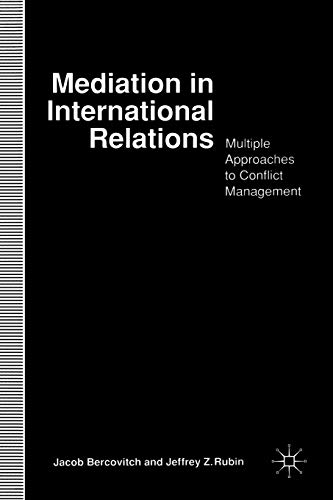
Mediation in International Relations
The practice of mediation in international relations involves third-party intervention to facilitate conflict resolution between parties. Mediators act as neutral facilitators, assisting in communication, negotiation, and finding common ground to reach a peaceful resolution. It is a diplomatic tool used to de-escalate tensions, prevent conflicts, and promote cooperation among nations. Mediation often requires skilled mediators with expertise in conflict resolution and international affairs to navigate complex political dynamics and foster dialogue between conflicting parties.
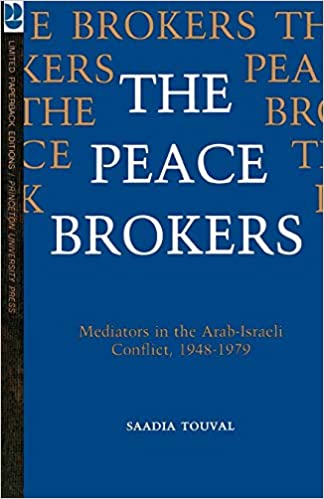
The Peace Brokers: Mediators in the Arab-Israeli Conflict, 1948-79
The text discusses the role of mediators in the Arab-Israeli conflict from 1948 to 1979.
The latest from Diplo and GIP
Tailor your subscription to your interests, from updates on the dynamic world of digital diplomacy to the latest trends in AI.
Subscribe to more Diplo and Geneva Internet Platform newsletters!
Diplo: Effective and inclusive diplomacy
Diplo is a non-profit foundation established by the governments of Malta and Switzerland. Diplo works to increase the role of small and developing states, and to improve global governance and international policy development.


